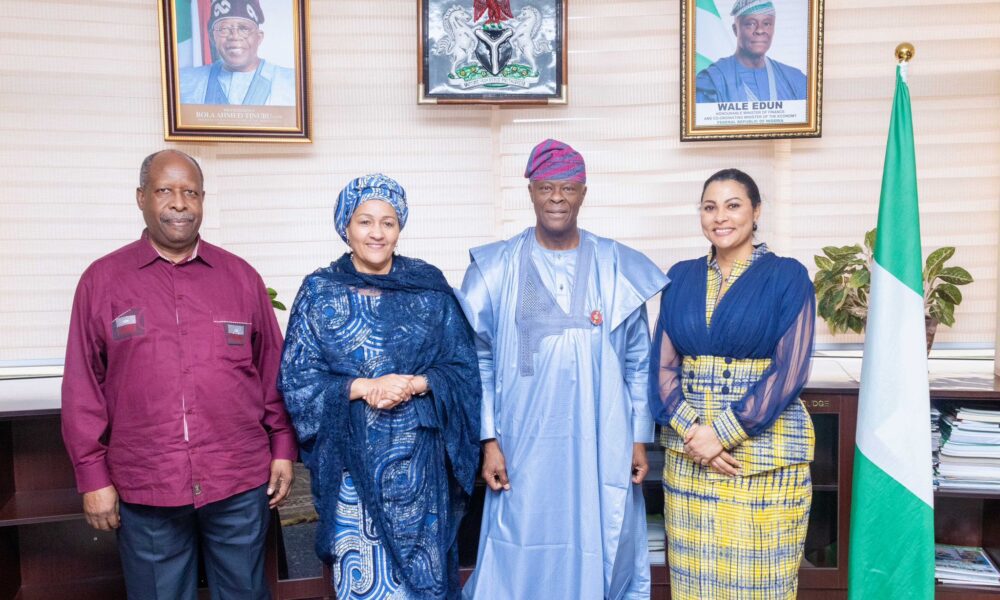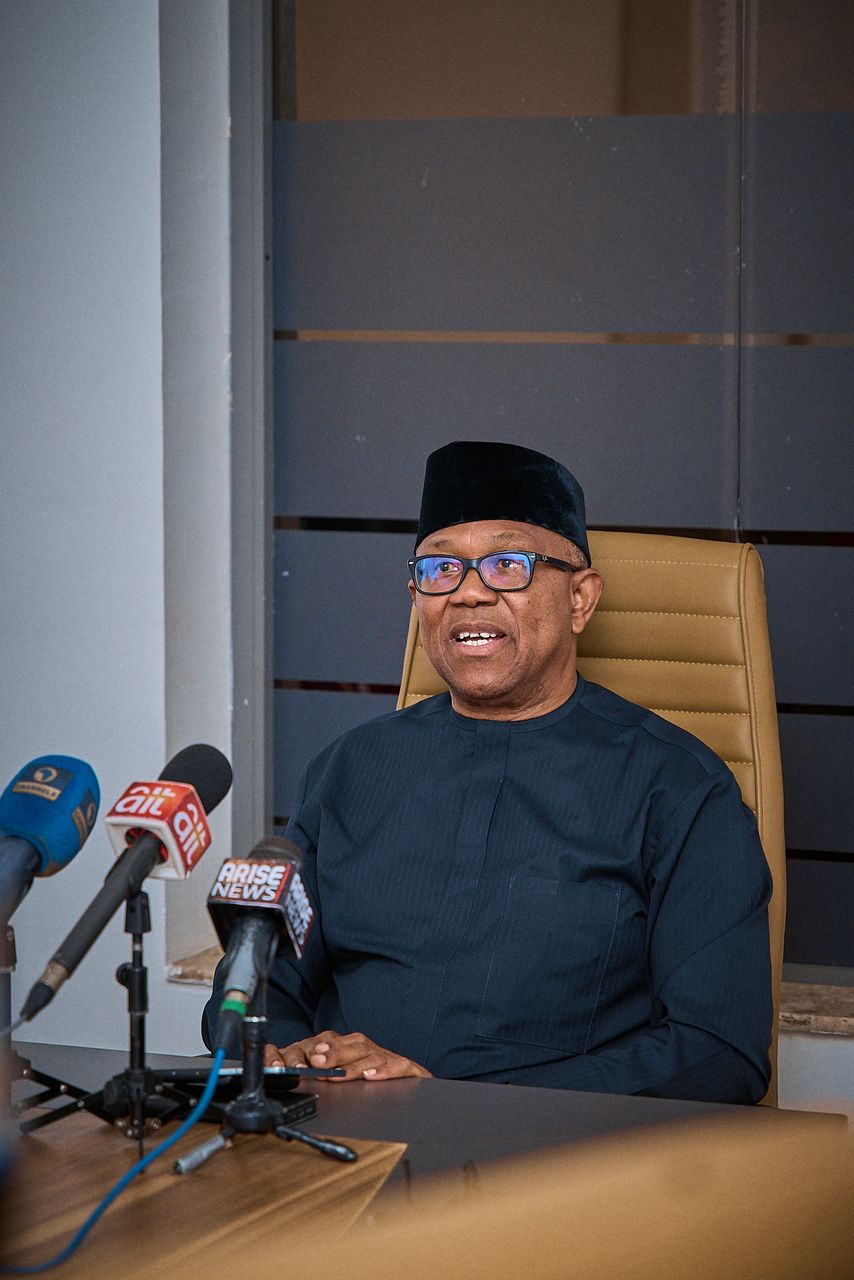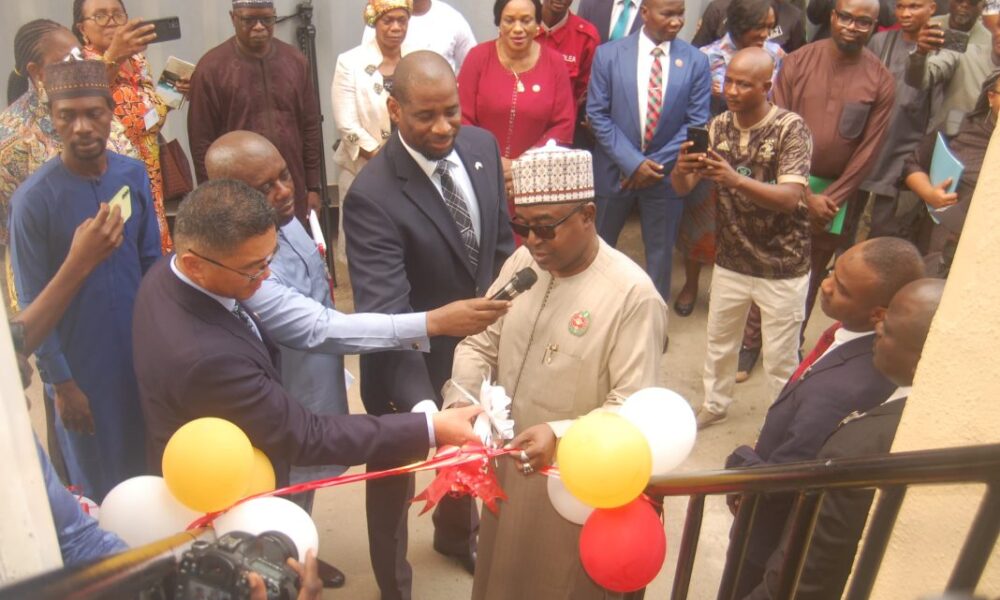The United Nations Deputy Secretary-General (DSG), Amina Mohammed, has pledged robust UN support for Nigeria’s development priorities during a strategic meeting with the Minister of Finance and Coordinating Minister of the Economy, Mr. Wale Edun, in Abuja.
The discussions spotlighted Nigeria’s critical challenges and opportunities, with a focus on harnessing the African Continental Free Trade Agreement (AfCFTA) to drive regional trade, bolstering food security, and enhancing social protection systems for the most vulnerable.
Edun outlined the government’s strides in reforming social safety nets, emphasizing the digitalization of Direct Benefit Transfers to improve transparency and efficiency. He also highlighted successes in agriculture through targeted interventions, which have boosted wet and dry season farming.
DSG Amina Mohammed lauded Nigeria’s efforts, stressing the importance of global collaboration in achieving sustainable development goals. She was accompanied by top UN officials, including Leonardo Simão, UN Special Representative, and Sa’adatu Shuaibu, UN Political Affairs Officer.
The Minister of State for Finance, Dr. Doris Uzoka-Anite, reiterated Nigeria’s commitment to leveraging partnerships for economic growth and stability.

The meeting marked a significant step in Nigeria’s partnership with the UN, laying the groundwork for impactful initiatives that address poverty, regional integration, and economic diversification.
Both parties expressed optimism about the renewed collaboration to drive Nigeria’s sustainable development goals.



